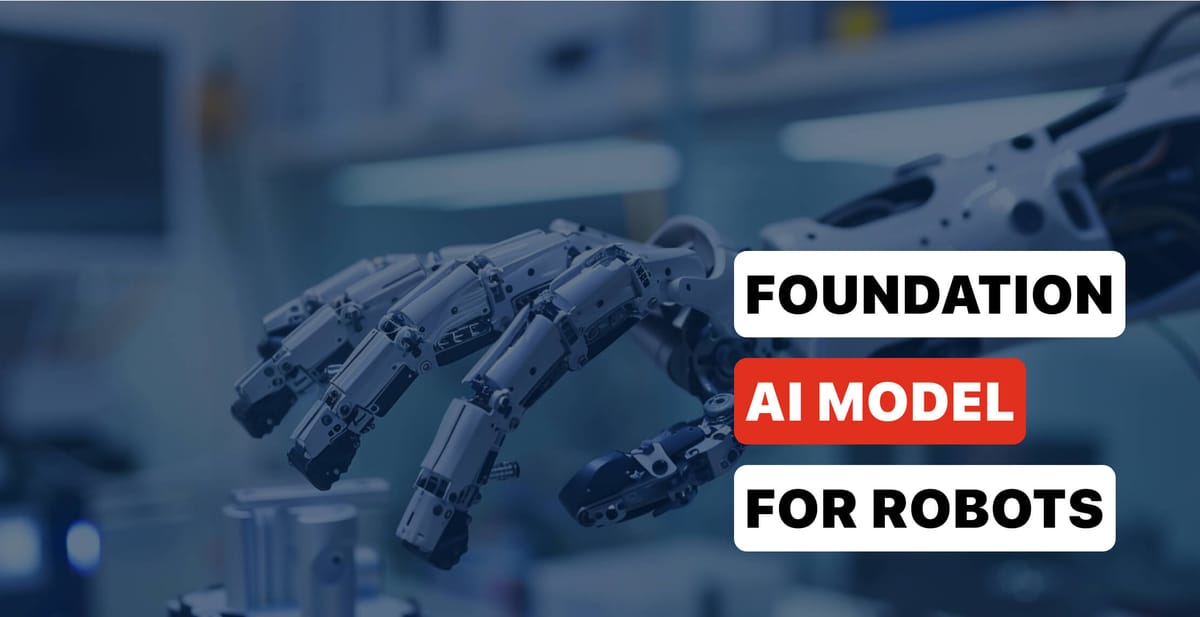
In a bold move to bridge the gap between artificial intelligence and the physical world, Physical Intelligence (Pi) has emerged from stealth with $70 million in seed funding. The company, founded by a team of renowned robotics and AI experts, aims to develop foundation models and learning algorithms that can power a wide range of robots and physically-actuated devices.
The seed round was led by Thrive Capital, with participation from Khosla Ventures, Lux Capital, OpenAI, and Sequoia Capital. This substantial investment reflects the immense potential of Pi's vision to create a universal model that can bring AI to the physical world, enabling robots to perform tasks across various applications.
Co-founder and CEO Karol Hausman, who previously worked as a scientist on robotics at Google, emphasizes the company's ambitious goal: "We aim to bring AI to the physical world with a universal model that can power any robot or any physical device basically for any application."
Pi's approach involves merging techniques used to build language models with its own methods for controlling and instructing machines. By collecting robot data at an unprecedented scale, making algorithmic advancements, and training large models, the company seeks to overcome the challenges that have hindered the progress of AI in robotics.
The founding team brings together a wealth of expertise from academia and industry. In addition to Hausman, co-founders include Sergey Levine, a professor at UC Berkeley known for his pioneering work in robotics; Chelsea Finn, a professor at Stanford University; Brian Ichter, a former Google research scientist; and Lachy Groom, a former Stripe executive and prominent tech investor.
While companies like Figure AI and Tesla are focusing on building androids, and others like Covariant are developing general-purpose robotics software, Pi differentiates itself by aiming to create software that can be applied across a wide range of robotics hardware. "What fundamentally makes humans interesting is the brain, not our hardware. We are the ultimate generalists," states Groom.
The growing interest in AI-powered robotics is evident from recent investments in the field. Figure AI recently raised $675 million from OpenAI, Nvidia, Jeff Bezos, and Microsoft to build robots for logistics and manufacturing facilities. As more companies recognize the potential of AI in the physical world, the race to develop sophisticated robotics software is heating up.
Pi acknowledges that realizing their vision will require a long and serious research effort. However, the co-founders believe that the biggest obstacles to using robots in the real world are now solvable. "There are enough signs that the biggest obstacles to use robots in the real world are now solvable," says Levine.
With its impressive team, substantial funding, and bold vision, Physical Intelligence is hoping to make significant strides in bringing AI to the physical world. As the company progresses in its mission, it has the potential to revolutionize the way robots are used across various industries, from manufacturing and logistics to healthcare and beyond.

